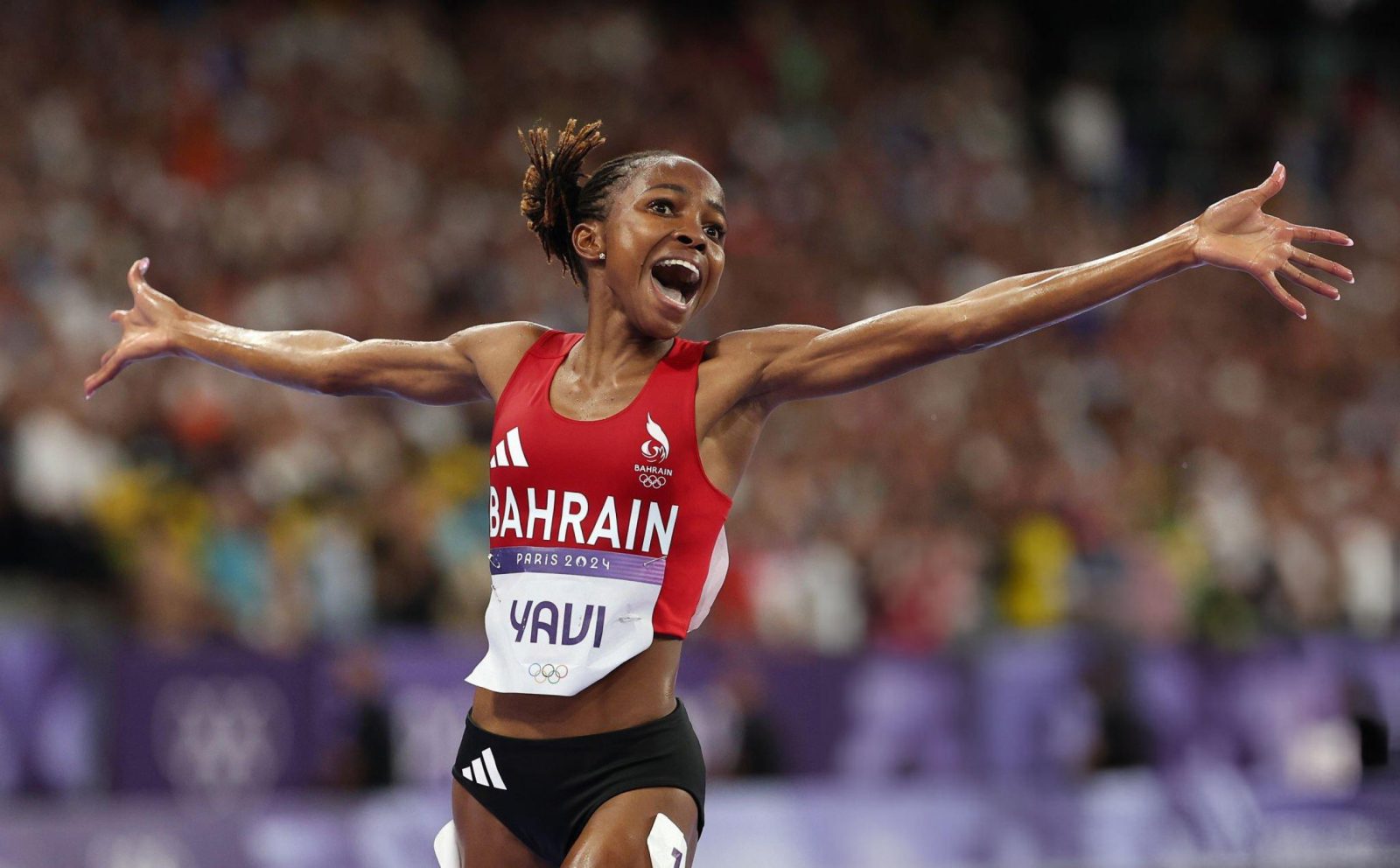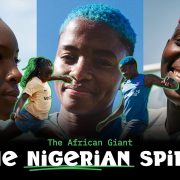The reasons East African athletes change nationality are varied, but they often come down to economics and opportunity.
By Tuka Letura
In athletics, particularly long-distance running, East Africa has been a historic force. For decades, nations like Kenya and Ethiopia have produced some of the most remarkable runners the world has ever seen—Olympic champions, world record holders, and legends whose names are etched into the sport’s history. But a noticeable and concerning trend has emerged: a growing number of these athletes are no longer competing under their national flags.
From Kenya alone, dozens of athletes have switched allegiance to other countries, often in search of better training conditions, financial rewards, or opportunities unavailable at home. This migration is prompting tough questions: What is the cost to African nations losing their best talents? What does this mean for the future of long-distance running on the continent? And what structural issues are we ignoring that continue to drive these athletes away?
Let’s talk about it.
In Kenya alone, the list of athletes who have changed nationalities is staggering. Names like Lonah Chemtai (now running for Israel), Norah Jeruto (Kazakhstan), Leonard Korir (USA), and Winfred Yavi (Bahrain) headline a long and growing roster. Some, like Stephen Cherono–who became Saif Saaeed Shaheen–left Kenya for Qatar and reportedly received a lucrative sum to make the switch.

These aren’t just isolated stories—they point to a systemic pattern. Athletes are not leaving because they no longer feel patriotic or connected to their roots, but because the infrastructures supporting sport at home are often fragile or underfunded. In many cases, they are also lured by promises of citizenship, competitive exposure, elite coaching, and financial stability. And in this era of global sports migration, such offers are increasingly difficult to resist.
Take Lonah Chemtai, for instance. Born in West Pokot County, Kenya, she now represents Israel in the 10,000m category after marrying her coach, Dan Salpeter. Or Winfred Yavi, who left Kenya for Bahrain at just 15 years old. Norah Jeruto, another Kenyan-born runner, clinched gold in the 3000m steeplechase for Kazakhstan at the 2022 World Championships. This isn’t just about individual athletes; it reflects a shifting dynamic in global athletics.
And this dynamic isn’t new.
Back in 2017, the International Association of Athletics Federations (IAAF), now World Athletics, froze all transfers of allegiance, alarmed by what it described as the increasing commodification of African athletic talent. A working group was formed, led by Cameroon’s Hamad Kalkaba Malboum, to recommend new, stricter regulations on athlete transfers.
Malboum didn’t mince words. He described the situation as a “wholesale market open to the highest bidder”, condemning the way some nations, especially in the Gulf, were recruiting African athletes with little regard for their long-term welfare or identity.
For example, the Asian Games have a long history of African-born athletes representing various nations, dating back to the early 2000s. Bahrain and Qatar have been at the forefront of this trend, and notably, it’s not limited to long-distance events.
While World Athletics eventually lifted the freeze and introduced new transfer rules, the movement did not slow down as expected. The underlying issues—poor support structures at home, financial hardship, and a lack of institutional development—have mostly remained unresolved.
Why Are Our Athletes Leaving?
The reasons athletes change nationality are varied, but they often come down to economics and opportunity.
Beyond simply switching allegiance, some athletes are choosing to leave before they even turn professional. This makes it easier to bypass World Athletics’ eligibility rules, which can restrict athletes who have already competed for one country.
Let’s face it: training in Kenya or Ethiopia might produce some of the best endurance athletes in the world, thanks to factors like high-altitude environments and strong local competition. It will. But training without consistent funding, modern facilities, or adequate medical and psychological support isn’t sustainable. In contrast, countries like the USA, Bahrain, or Kazakhstan offer financial incentives, professional coaching, modern infrastructure, and access to education.

Some athletes also find themselves stuck in overly bureaucratic or corrupt national systems. There are stories of favouritism, delayed stipends, mismanagement within athletics federations, and little to no planning for life after sport. When your prime athletic years are ticking away and your country doesn’t seem to have a vision for your future, the allure of another flag becomes difficult to resist.
Who’s Paying the Price?
The most obvious loser in this situation is the country that trained and nurtured these athletes—where that has been the case. Kenya, for example, continues to lose potential Olympic and World Championship medals. National pride is one thing, but the economic implications are another. Sporting success has a way of translating into tourism, national branding, and even international funding. When athletes win under a different flag, their home country misses out on these benefits.
But it’s not just about medals and prestige. Young, aspiring athletes growing up in Iten, Eldoret, or Addis Ababa are watching this trend unfold. What message are they receiving? That to succeed, you have to leave? That representing your own country isn’t enough to build a future?
And let’s not forget the athletes themselves. Changing nationality is not just a change of passport—it’s an identity shift. Some handle it well; others wrestle with regret, longing, or a sense of cultural loss. In certain cases, these runners become stateless, caught between federations, unable to compete.
Is There a Way Forward?
There is—but it requires hard, intentional work.
First, governments and athletics federations must invest in infrastructure. Training camps, modern gyms, sports science labs, mental health support, and medical insurance all need to be part of the conversation. If athletes feel supported, they are more likely to stay.

Second, we need to rethink athlete contracts and compensation. Many of these runners are breadwinners for large families. If local federations can create sustainable income models—whether through sponsorships, endorsements, or athlete development funds—then the financial appeal of leaving may lessen.
Third, transparency and governance must improve. When athletes trust their federations and believe in fair selection processes, they are more likely to remain committed.
Lastly, the global athletics community needs to enforce regulations that protect the welfare of athletes, especially minors. Transfers of allegiance should not be transactional, nor should they prioritise medals over an athlete’s long-term well-being.
The Bigger Picture
Africa has given so much to global athletics. From Haile Gebrselassie to Eliud Kipchoge, the continent has defined what’s possible in long-distance running. But now, we are at a crossroads.
The world knows we have talent. The question is: do we value it enough to keep it?
As we celebrate the achievements of our athletes—regardless of the flag they run under—we must also ask ourselves: what will it take to make our countries places where talent thrives and stays?
The answer lies not merely in patriotic appeals, but in building systems that nurture, reward, and protect athletes. Value must be felt. Athletes need to feel and know that there is a system in place that recognises and rewards their patriotism and hard work. Only then can their attention truly be turned away from other, non-African nations.
Tuka Letura is an experienced sports writer with over six years of experience in the craft. He uses data and statistics to provide analysis and commentary. From regional to worldwide competitions, he has covered a wide range of sports-related events and topics. He is devoted to sharing his enthusiasm for sports with his audience and engaging them with interesting anecdotes and viewpoints.



